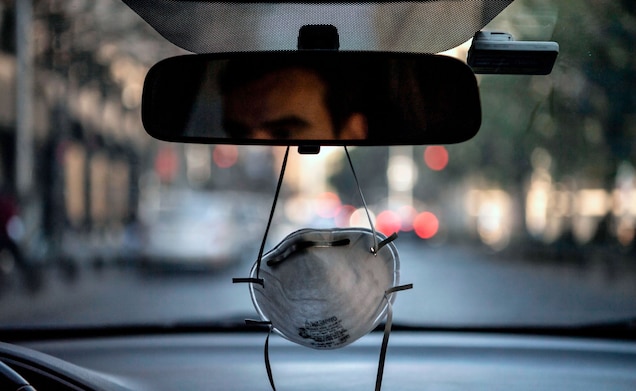
Excellent article in the Los Angeles Times by reporters Emily Baumgaertner and Russ Mitchell discussed a tally that shocked experts. In short, there were 38,680 deaths on U.S. roadways last year, the most since 2007. The increase in accidents happened even though pandemic precautions had dramatically reduced driving.
Experts say this driving behavior is likely a reflection of widespread feelings of isolation, loneliness and depression. The rise in motor vehicle deaths also lines up with other pandemic-era trends. Alcohol sales have soared, drug overdoses have set new records, and homicides have seen their biggest increase on record.
According to the article, before the pandemic, safety on U.S. roadways had been improving for decades. Even as the number of people on the roads increased and many states raised their speed limits, annual fatalities fell from around 55,000 in 1970 to 36,096 in 2019. Then came the 7.2% rise in 2020, followed by an 18% jump in the first six months of this year, based on preliminary figures from the federal government.
According to the article, for every 100 million miles driven last year, 1.37 people died. This is an increase of 23% rise from 2019. There’s also an increase in deadly accidents involving speeding, illegal substances or a failure to wear a seat belt.
Jonathan Adkins, executive director of the Governors Highway Safety Assn., chimed in on the subject. He suggested that people’s disregard for themselves and others on the road is part of a national decline in civility that accelerated during the pandemic.
“Anecdotally, we hear from governors’ offices around the country that it’s a symptom and a sign of the overall lack of consideration we’re showing for other citizens, whether it be wearing masks, or not getting vaccinated, or how we drive . . . It’s very aggressive. It’s very selfish.” ~Jonathan Adkins, Executive director of the Governors Highway Safety Assn.
In California, which saw a 5% increase in fatalities last year, Highway Patrol officers issued nearly 28,500 tickets for speeds over 100 mph, almost double the 2019 total. They arrested 232 people for reckless driving — a 150% rise — and are on pace to exceed that this year.
Research based on crash investigations has shown that even a slight speed increase — say, from 50 mph to 56 mph — is enough to increase a driver’s risk of death. Since the start of the pandemic, a larger share of accident victims — including those who survived — have been ejected from their vehicles, typically because they were not wearing seat belts.
The increase in ejections was seen just as lockdowns began last year. Men have accounted for a disproportionate share. Making the roads even more dangerous is rising drug and alcohol use. In one survey, over 7% of adults said they were more likely to drive while impaired than they were before the pandemic.
Federal researchers who looked at accidents in which drivers were killed or seriously injured found that the proportion who tested positive for opioids nearly doubled after the pandemic began. Marijuana use also rose considerably.
Finally, more drivers are distracted. Researchers used GPS and other data to determine that drivers used their phones more frequently after the pandemic began, and that the problem only worsened over time.
Please contact my office if you, a friend or family member are charged with a driving crime. Reckless Driving, Reckless Endangerment, Eluding and DUI are typical examples of crimes involving motor vehicles. Hiring an effective and competent defense attorney is the first and best step toward justice.














